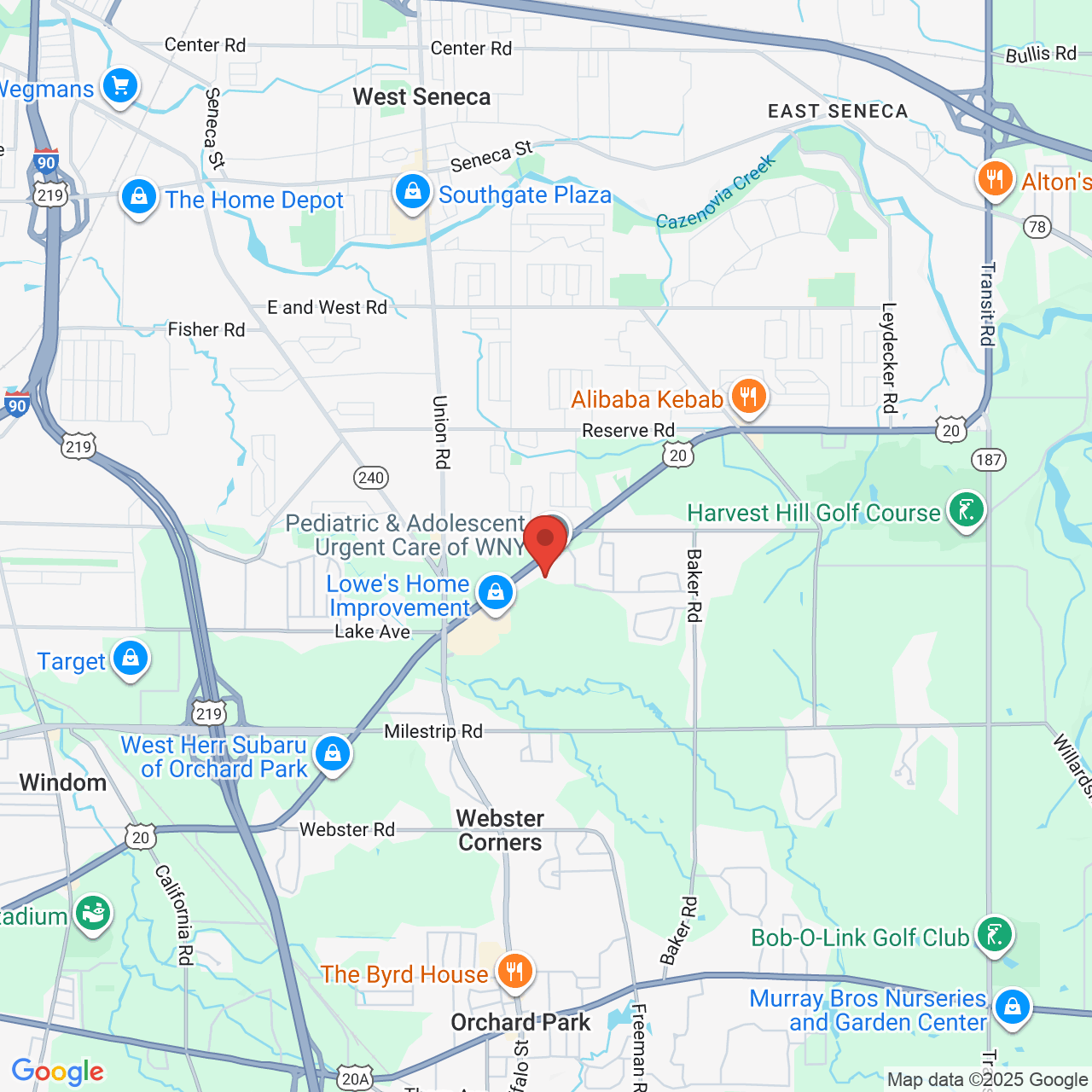Meditation for Pain and TMJ Issues
I highly recommend meditation to any person who finds life as a human to be challenging, and if we’re being honest, most of us fall into this category. The question that people often ask is, “how do I do it?” The TMJ Rehab Program will give you several techniques to get you accustomed to the process of quieting the mind, so to speak.
I remember having the same question, and it was this question that led me on a wandering pilgrimage involving many books, audio programs, lectures, and workshops. For the active seeker, there is a plethora of information out there. Some is extremely useful, some – not so much. Explore freely, but beware of grandiose promises and claims, and keep in mind that meditation is a habit that needs to be cultivated, not a quick fix for life’s challenges. There are some very useful tools, but there are no shortcuts. Time, practice, and persistence are required, and if someone tries to tell you differently, ask yourself whether there might be ulterior motives at work.
One tool I have found particularly helpful is a device called the Muse. It is a brainwave sensing headband that helps you learn what it feels like to have an active mind, and helps you practice a method to calm the mind. This process is called neurofeedback.
You can purchase the Muse here.
Pain
Pain is your body’s attempt to get your attention, and give you an important message. If it wasn't important, it wouldn't have to hurt. Pain is an experience whose purpose is to cause action on your part, either to move away from something dangerous, or to avoid harm. If you walk toward a fire, at some point you will feel its warmth. As you get closer to the fire, the warm feeling will change to hot, and that hot feeling will at some point turn into pain. What is it that causes the feeling of heat to transform into an experience of pain? Is it physical damage to the tissue? For most of us, what we consider physical pain begins prior to tissue damage. In this sense, pain can be thought of as an alarm system intended to minimize or prevent damage to the body. Physical pain is the most primal mechanism through which the body protects itself. It is a powerful force.
Yet, you will notice that there are times when you are more sensitive to pain, and other times when you are not as sensitive. What is it that changes? What factors cause you to become more sensitive to pain? As you explore this question, you will discover that there are powerful emotional factors which can cause the body to become hyper-sensitized to pain.
The nervous system is highly programmable. It has been said that “neurons which fire together, wire together.” This means that a repetitive stimulus-response situation can lead to pain being experienced even in the absence of a physical cause. Get burned enough, and eventually just looking at a fire might cause pain. To short-circuit this problem, you must be able to look at the pain sensation itself, without judging it or becoming fearful of it, and allow yourself to be present with it, without trying to resist it or get rid of it.


